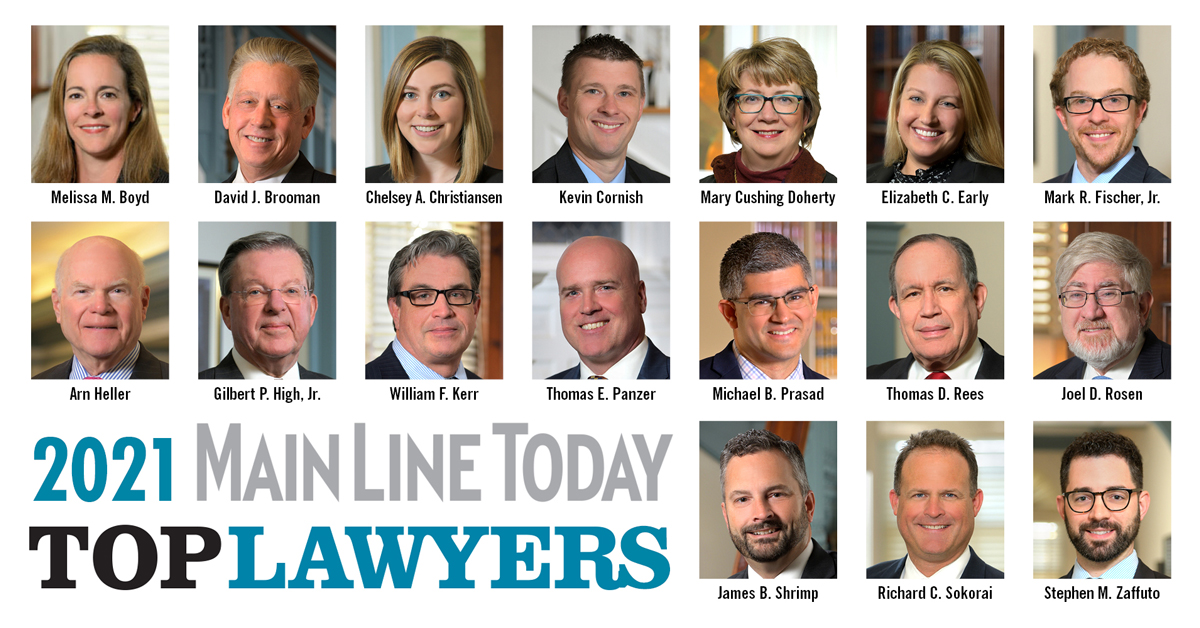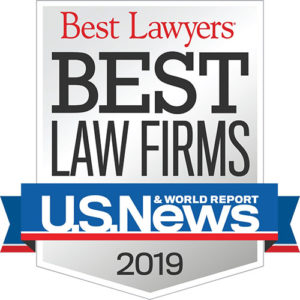Let’s start by understanding what estate planning is before moving on to why it’s essential. But hopefully, after reading through this, you’ll feel comfortable reaching out to an estate planning lawyer near you to begin planning your estate.
What is an Estate?
To answer the question of what is estate planning, let's first begin with defining an estate. Webster defines estate as “the degree, quality, nature, and extent of one’s interest in land or other property.” More specifically, your estate comprises all the property you own, including real estate, cars, possessions, cash, investments, life insurance, furniture, and any other assets in which you own or have a controlling interest.
Now, here’s the question. What happens to that estate after your death? It really doesn’t matter if you’re net worth reaches billion dollars or more down-to-earth figures. What matters is what you want to do with those assets when you’re gone.
So, what is Estate Planning?
And that answers the question about what estate planning is. It gives you a say in how you confer your assets to your family, organizations, charities, or whatever. An estate plan leaves a written record of your intentions and presents how you want your property and other belongings distributed.
Beyond allocation of assets, however, an estate planning designates who carries out your wishes at death or even if you become incapacitated. And that’s why it’s best to speak with an estate lawyer to make sure that the estate plan is ironclad. Unfortunately, many people fail to recognize the importance of estate planning.
Make Sure You Have These 5 Critical Documents
If you’re working with an estate planning lawyer, you’ll want to focus on executing these critical documents. You can learn more about these five essential estate planning documents here.
1. Will
Your will represents a foundation document or any estate plan. You can elect to use an online service to create your own will. Or you can work with a will lawyer at an estate planning law firm. Either way, your will names your executor who administers distributing your assets per your wishes.
But will does more than that. It allows you to determine what happens to your possessions. Plus, it lets you designate guardians for anyone under your care. Moreover, it presents funeral provisions, if you so choose.
Sans a will, your property becomes subject to intestate law in Pennsylvania. Intestate law distributes your assets for you based on how the average person might have created a will when estate planning. That’s why it’s essential to work with an estate attorney to avoid this scenario.
Note that wills do not control the distribution of all assets. For example, they can’t control the distribution of life insurance, living trusts, or assets in joint title.
2. Durable Power of Attorney
What happens if you can’t make decisions on your behalf? That’s when a POA document becomes a vital component of estate planning.
A power of attorney appoints an agent to manage your affairs, preferably someone close to you that’s trustworthy. That individual makes decisions about financial and legal matters on your behalf. For example, if you’re injured and comatose, your agent manages your affairs.
You can activate a POA only if you become incapacitated. By the same token, you can use it to have your agent make a decision if you’re out of town, for example.
3. Healthcare Power of Attorney
Unlike a durable power of attorney that focuses on financial or legal concerns, a healthcare POA appoints someone to make medical decisions for you if you can’t. Often, people appoint spouses as their healthcare power of attorney.
As part of your estate plan, healthcare directives eliminate having your family members make impossible decisions about your treatment without knowing your wishes.
4. Advanced Healthcare Directive
Otherwise known as a living will, an advanced healthcare directive nominates an agent to make healthcare decisions for you if you’re unable. Without one, Pennsylvania law dictates who makes those decisions. Talk to an estate planning lawyer about details surrounding this document.
Your living will spells out what treatment you want or don’t want—for instance, ventilators, feeding tubes, and resuscitation.
5. Trusts
By placing assets in a trust, they become the legal property of that trust. So when you die, those assets avoid probate court proceedings. Instead, your trustee distributes the assets based on your wishes.
Trusts come in two forms. First, a revocable trust retains control of assets with the freedom to alter the terms at any time. Your assets transfer to your beneficiary upon death and avoid probate.
Second, an irrevocable trust transfers assets to your beneficiary. As a result, you cannot change the trust without their consent. You generally create this form of trust to minimize your estate taxes or protect assets from creditors.
Numerous trust options exist. It’s best to talk with a trust and estate lawyer to determine which works best for your needs.
An estate planning lawyer can support you with creating each of these documents.
Why is Estate Planning Important?
Not surprisingly, your estate becomes most relevant at death. As mentioned, estate planning lets you determine how and where you want your assets distributed. As a result, it gives you control and a way to ensure your wishes get carried out as you intended.
But an estate plan affords other benefits. As you’ve learned, estate planning goes well beyond executing a will with your estate attorney. It includes:
- Determining a POA to make financial or healthcare decisions
- Medical directives that outline what treatment you want or don’t want
- Beneficiary designations for who receives your money for life insurance, retirement accounts, annuities, and other financial assets
- Trusts to pass your property to heirs that carry potential tax benefits
Estate planning is essential for even more reasons.
Estate Planning Reduces Taxes
Federal estate taxes impact the wealthy. For example, the federal estate tax exemption will be $12.06 million in 2022. However, six states impose an inheritance tax. And yes, Pennsylvania is one of those states. So, immediate family members pay 4.5 percent. But that rate climbs to 15 percent to non-immediate family members.
Estate planning offers a means to reduce your tax implications. You can work with an estate lawyer to avoid taxes using one or more of these options:
- Spending down your assets
- Gifts to family
- Irrevocable life insurance trust
- Charitable donations
- Establishing a family limited partnership
- Funding a qualified personal residence trust
Work with a financial advisor or estate planning attorney to determine the best route for your situation.
An Estate Plan Avoids Probate
As mentioned, without a will, your assets fall under intestate laws, which determine what happens to your assets and who distributes them. The probate court assigns that agent.
Unfortunately, your assets effectively become frozen. The courts must sort through your estate, apply state laws, and decide how to allocate your assets.
Equally important, probate can take months or even years to complete. So you not only lose time, but you’ll wind up spending legal fees for a probate lawyer. Planning avoids all these delays and costs by creating the appropriate documents to manage the process of asset distribution.
Estate Planning Protects Your Children
What happens to your children if you die without a surviving spouse? Probate courts appoint a legal guardian such as a family member or grandparent without an estate plan. In addition, a third party can petition the court to become the guardian.
Most importantly, if no one steps forward and your child is under 18, they could become a ward of the state and enter foster care. But you can control who cares for your children by identifying a guardian in your will.
Ready to Start Planning?
You’ve gained some valuable insight into what is estate planning and why it’s crucial. So how do you get started? One easy way to start is by using our estate planning checklist.
Start by determining your net worth. Create a list of your financial assets, personal property, life insurance, and liabilities. Then select the beneficiaries for those assets. Equally important, determine your agent(s) to execute your wishes.
Finally, consult with an estate planning lawyer near you. Our local law firm has offices in Doylestown and Norristown, PA. Our estate lawyers can talk with you and draft the essential documents for your estate plan.
So what are you waiting for? There’s no time like the present to plan your estate.









 High Swartz LLP
High Swartz LLP